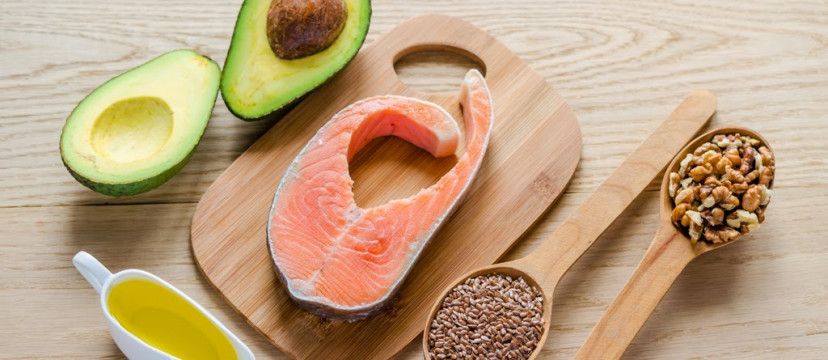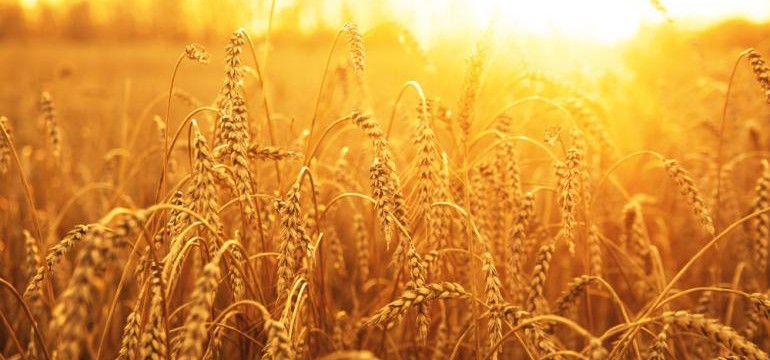Written by Erika Martin BSc Nutrition Candidate
Reviewed by Andrea Miller MHSc, RD
Snacking is something we all do – and it is something that we enjoy and look forward to! Read on to learn more about the benefits of snacking and how you can optimize your snack choices.
Benefits of Healthy Snacking



